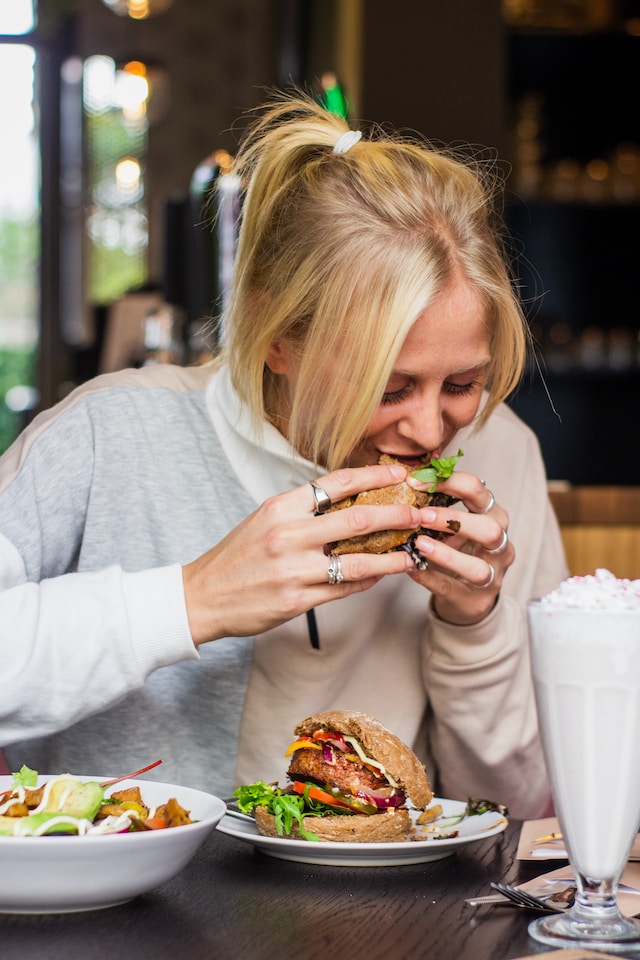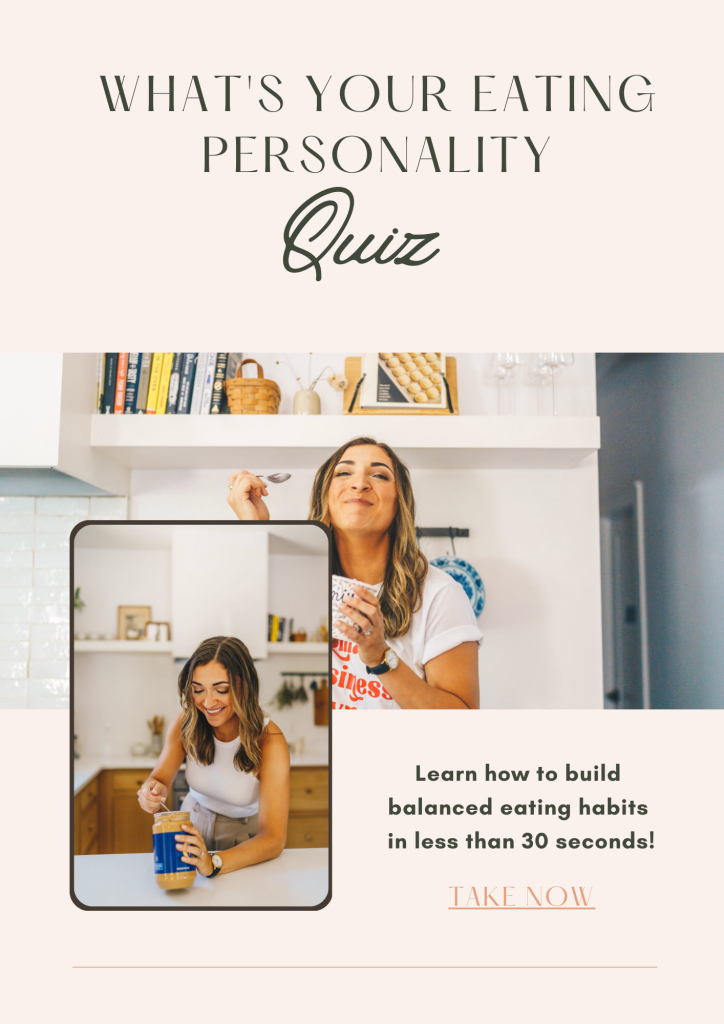Eating is not only an action used to satisfy physical hunger but used many times to possibly reward ourselves, relieve stress, or boost happiness in the moment. Emotional eating is known as resorting to food in order to decrease emotional stress or overall feel mentally satisfied either consciously or subconsciously. After emotional eating takes place, not only are your emotional needs not resolved, but you may feel guilty for possibly overeating, overall worsening your mindset. Turning to snacking during difficulties is not necessarily the most ideal way to cope with emotions and typically involves high-fat and sugary foods, veering you off your pathway of goals. These five steps can help you overcome the troubles of emotionally eating while suggesting ways to mediate your emotions in a healthier, more productive way.
1: Increase Fluid Intake
Water plays a vital role physiologically. Beginning with drinking a glass of water is a great start in managing these emotions. The majority of the time, we do not drink enough water as it is, which may lead to our bodies mistaking hunger cues as simply thirst. Unmanageable stress may also be disguised as thirst as water triggers the parasympathetic nervous system which controls the body’s “rest and digest” response. This “rest and digest” phase is a relaxation response to control emotions that may be running wild. That being said, overall increasing your water intake is a great first step in managing emotions without food.
Another fluid that would be beneficial to increase your intake of can be tea. Tea contains many antioxidants that are known to reduce stress, and overall help an individual feel calmer. Tea also contains caffeine and catechins which together, work in suppressing appetite which also may be helpful in preventing emotional eating.
2: Distraction and Mindfulness
Although some may resort to eating to satisfy a sweet tooth or craving whilst emotions are high, others may look to eating as a distraction in that simply putting your hand in a bag of chips and eating can take your mind off of things. To prevent this, it can be helpful to replace this action with a new distraction. Keeping your hands and your mind busy may decrease your thoughts of wanting to consume food as a distraction. For example, drawing, writing down your thoughts, partaking in physical activity, or simply showering or doing your nails can be beneficial in reducing these thoughts! Channeling your energy into different actions can lead to increased productivity or completing something off of your to-do list that you have been meaning to accomplish!
3: Increase Intake of Healthy Fats, Protein, and Fiber
Fiber, healthy fats, and protein are all building blocks that work together in increasing satiety. Foods that fall under these categories are things like fish, avocados, nuts, eggs, beans, vegetables, fruits, lean meats, and poultry. Increasing your consumption of these types of foods during meal times can allow you to feel fuller for longer. The feeling of fullness can overall decrease your likelihood of binge eating.
It is important to choose foods that satisfy you! If you are consuming something that you are not enjoying, just for the sole purpose of nourishment, you are more likely to binge eat later on less healthy foods especially if it is revolved around emotions. Search for foods that fall under these categories that satisfy you while trying new things out to see what works best for you!

4: Make Less Nourishing Options Less Attainable
When we are feeling down, stressed, or anxious, it is simple to grab a quick snack out of the pantry or fridge to help suppress our feelings. In order to prevent emotional eating, making these less healthy options and food cravings less attainable can be useful in breaking this bad habit. Remove the urge of snacking on these types of foods by keeping them out of your reach. While this can be advantageous for you, it is important to not restrict yourself completely. One option may be to have a separate basket of the foods you particularly enjoy that are not the most healthy, and have it in a bit more of a difficult spot to reach so that is not extremely convenient to obtain.
One of the most beneficial ways to decrease emotional eating is by grocery shopping smartly. If you are the shopper of your household, this can become stressful as you are surrounded by all types of food. Before entering the store, create a list of foods that you follow a regime to so that you do not waver outside of this list. It is also important to not attend the grocery store when you are hungry or cranky as this can lead to more emotional choices.
5: Focus on Your Goals
Focusing all your time and energy on counting calories, reading the scale, and dieting may make you lose track of certain lifestyle changes and goals that you are after and increase your stress. Limitations and restrictiveness are only shown to lead to more cravings that are likely to occur during high emotions. Allow yourself to branch out and try new foods while also rewarding yourself and incorporating the foods you still love into your diet. Focusing on a single change at a time can aid in stopping your emotional eating sooner. Setting and focusing on positive and attainable goals for yourself will only motivate you to increase and maintain healthy habits while putting an end to the psychological consumption of foods.
Wrap-up
Although coping through your emotions with food may seem satisfying in the moment, it can lead to unhealthy lifestyle habits and guilt. Overcoming the troubles of emotional eating can be challenging physically and mentally. Sometimes the strongest of food cravings hit when you are at your weakest. Increasing your water and fluid intake, replacing food with a new distraction, increasing your nutrient intake, and setting positive and attainable goals can help you regain control of your eating habits. Be patient with yourself, learn from experience, and follow these steps to make a plan for the future to prevent these actions which will ultimately lead to a healthier lifestyle.
If you are looking to get started with your healthy eating journey, such as being more in tune with your current eating habits, take our “What’s Your Eating Personality Type” free quiz! In this quiz, you’ll find balance with food, learn strategies to eat with more confidence and flexibility, and understand how to move forward with your health goals.
This quiz takes less than 30 seconds to take, take it now!
This article was written by Sammy Bran, nutrition intern. Fact chekced by Allison Tallman, RD.

